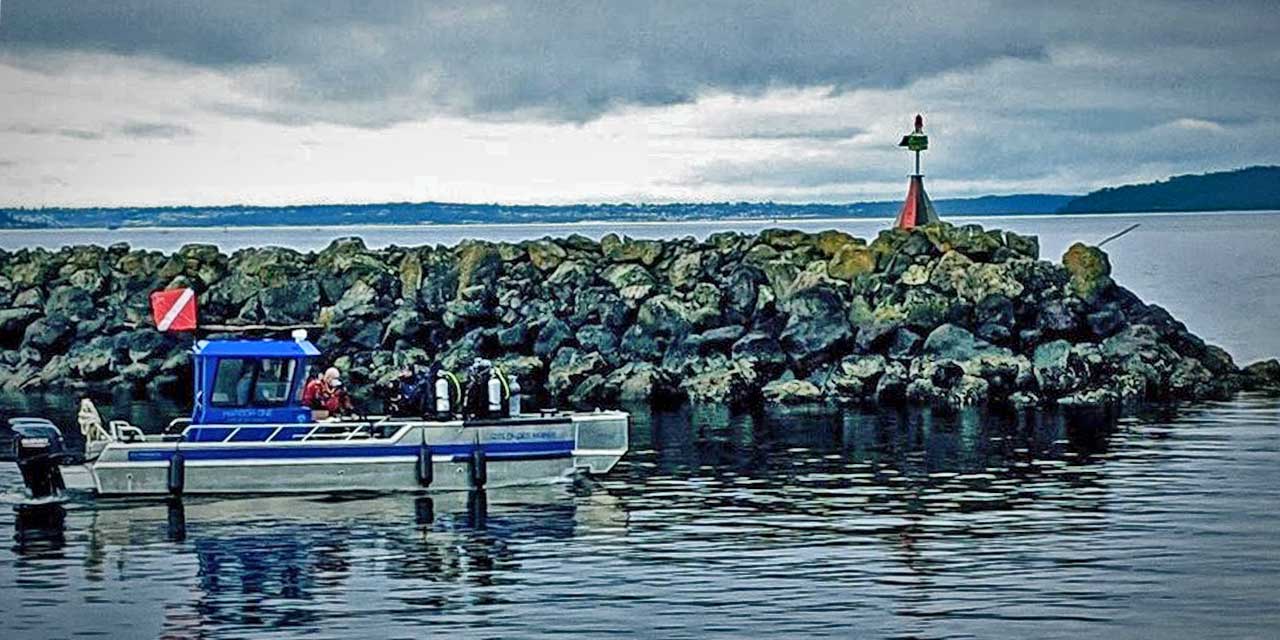Sealife Response, Rehabilitation & Research (SR3) will join the annual International Coastal Cleanup Day this Saturday, Sept. 17, 2022 in Des Moines to tackle marine debris, one of the greatest threats to marine wildlife, and one in which everyone who works and plays in Puget Sound can play a part in solving.
Volunteers, including divers, will collect debris underwater and along the shoreline, and gather important data before its final disposal.
Last year, 500 pounds of debris was collected, including many of the most common items polluting our oceans: cigarettes, food wrappers, plastic bottles and bags, straws, and fishing gear.
For over 35 years, International Coastal Cleanup has united communities worldwide to collect trash that pollutes our waterways, making the marine environment cleaner and safer for all.
Local partners include the Des Moines Marina, Des Moines Farmers’ Market, Highline Community College MAST Center, Friends of Saltwater State Park, Washington Scuba Alliance and Seattle Dive Tours.
Volunteers and anyone interested in learning about local marine wildlife can visit SR3’s education booth to learn how to protect our shared oceans.
Volunteers can sign up for time slots at: https://seattledivetours.com/calendar/travelandevent
WHO: SR3 and International Coastal Cleanup, volunteer divers and sorters
WHAT: International Coastal Cleanup to protect marine wildlife and the health of all
WHEN: Saturday, September 17, 8 a.m. – 4 p.m.
WHERE: Des Moines Marina, 22650 Dock Ave S, Des Moines, WA 98198
About SR3
SeaLife Response, Rehabilitation, and Research (SR3) rescues and protects marine wildlife in the Pacific Northwest. Their non-profit rescue and rehabilitation hospital delivers emergency response and specialized veterinary care to give sick, injured, and entangled marine animals a second chance at life in the wild. SR3 also works to address the root cause of marine animal health issues through community education and scientific research projects. A major focus of their research is the endangered Southern Resident killer whales, collecting health data that informs conservation actions important to their survival. More info at www.sr3.org.


